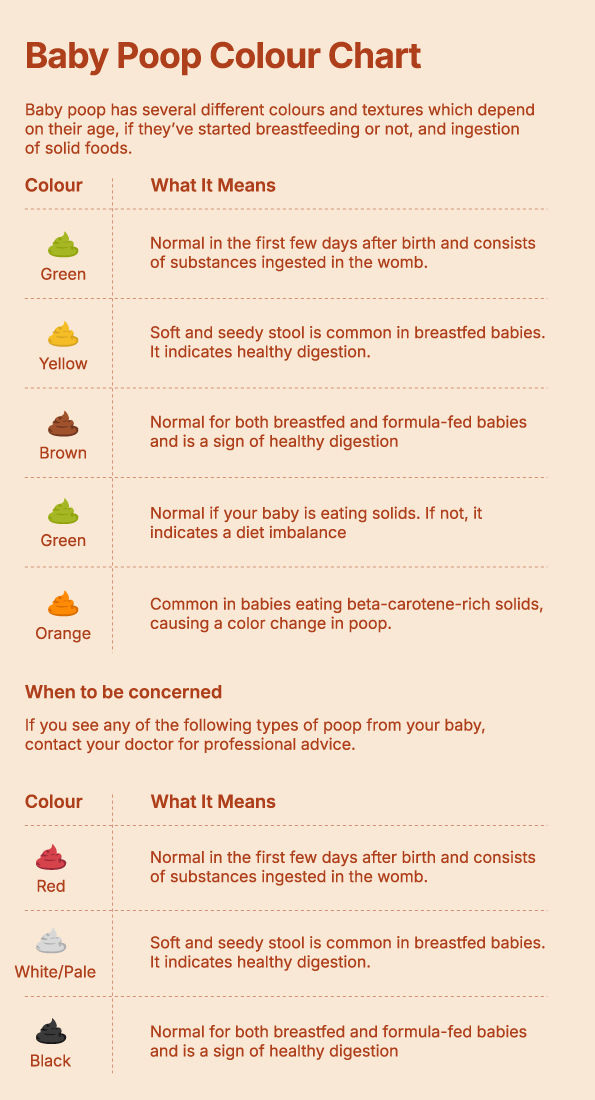As a new parent, worrying when your little one seems uncomfortable is natural—especially with constipation. One moment, they’re happily cooing, and the next, they’re scrunched up, crying, and struggling to poop. You’re left wondering, Is this normal? What should I do?
If your baby is pooping less often, straining, or passing hard, dry stools, constipation might be the cause. But don’t worry—this guide covers the causes, remedies, and expert-backed tips to help ease their discomfort.



